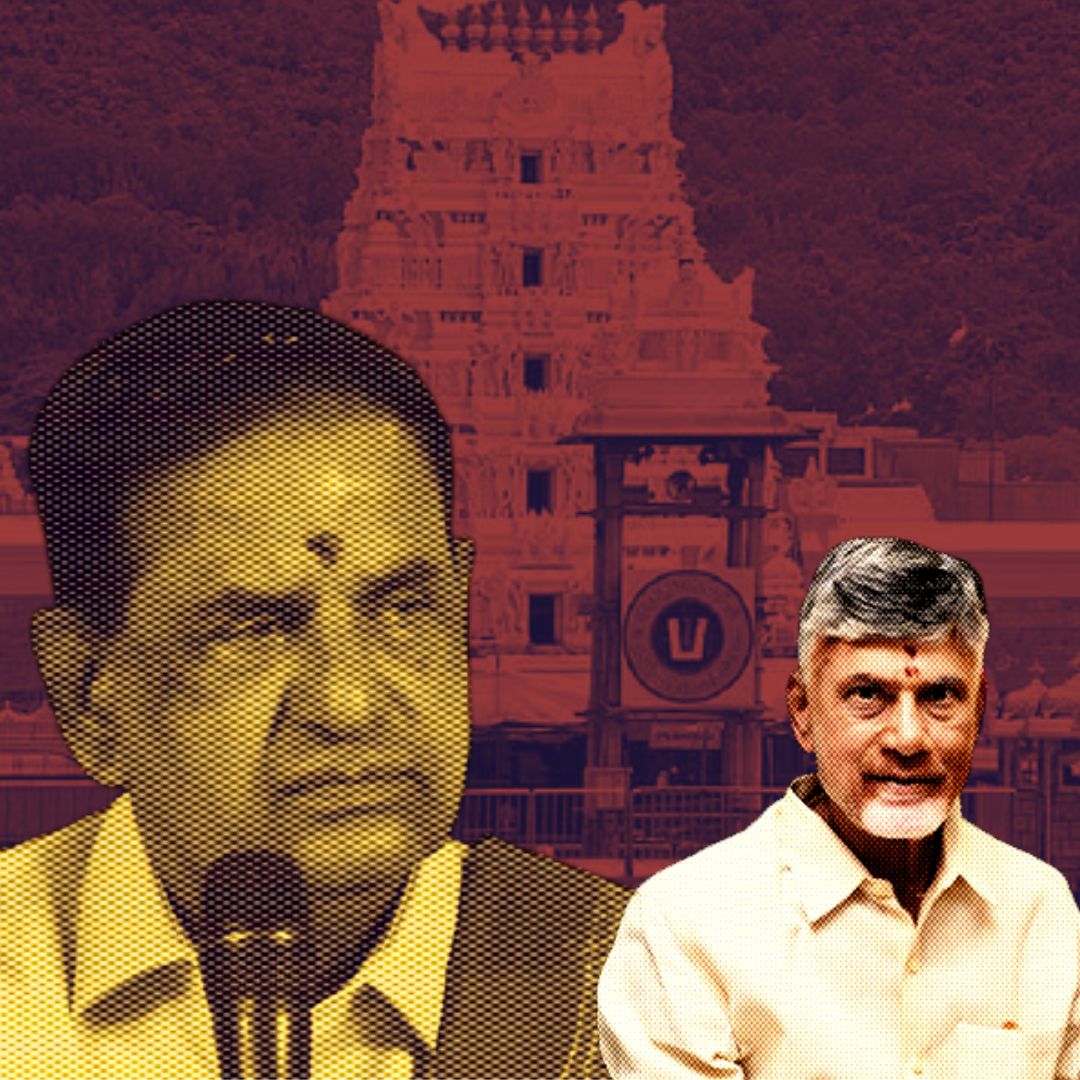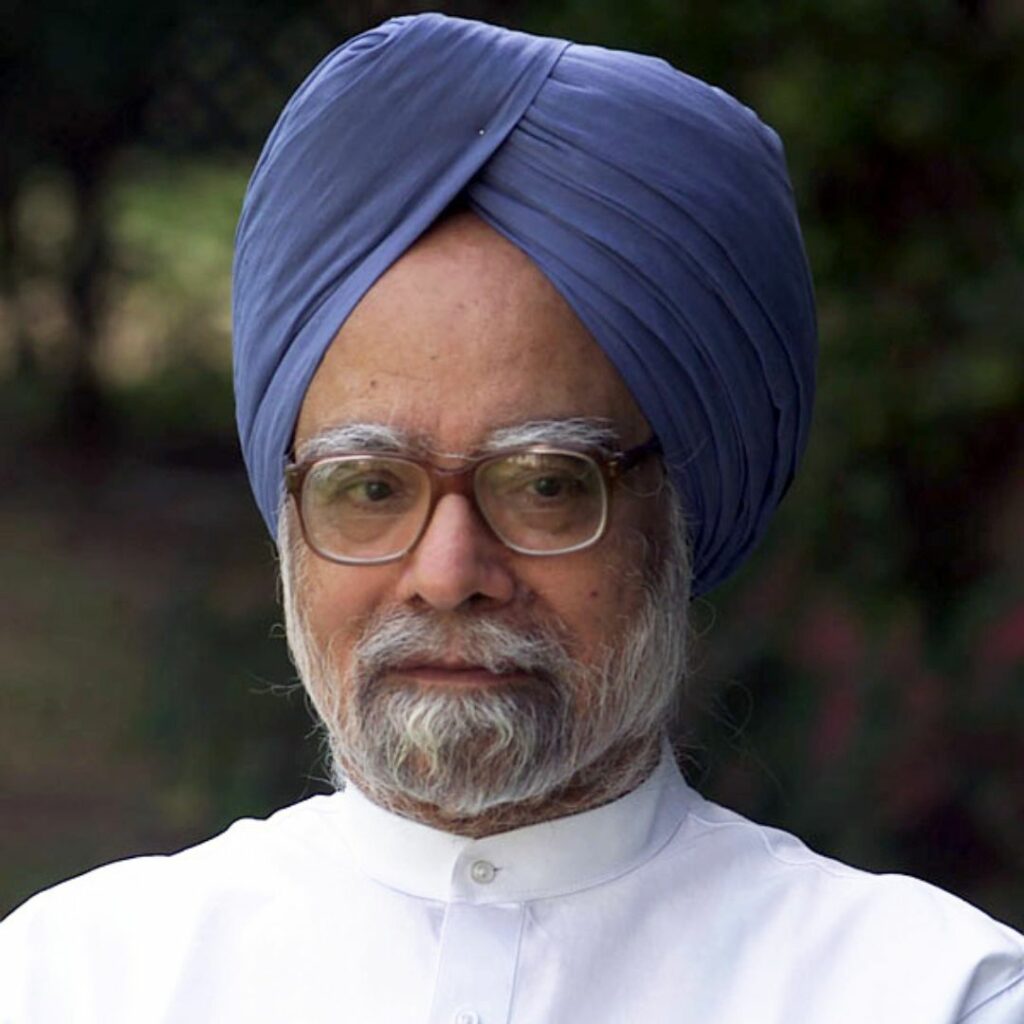The Tirumala Tirupati Devasthanams (TTD) has mandated that non-Hindu employees either take voluntary retirement or transfer to other government departments as part of new reforms led by Chairman BR Naidu. This decision affects approximately 300 permanent staff members and aligns with the TTD Act and Andhra Pradesh Endowments Act, which stipulate that only Hindus can be employed in temple roles. Employee unions support the resolution, asserting it reflects the demands of the Hindu community. The move comes amid ongoing controversies regarding the temple’s management and religious integrity.
Employment Reforms at TTD
In a significant move, the TTD Board convened its first meeting under newly appointed Chairman BR Naidu, where it passed a resolution to remove non-Hindu staff from temple employment. Naidu emphasized that only Hindus should manage temple operations, stating, “Everyone who works at Tirumala should be Hindu.” The board’s decision is expected to impact around 300 permanent employees out of approximately 7,000 total staff members. Unions representing employees have expressed their backing for this measure, citing legal precedents that support the exclusivity of Hindu employment in religious institutions.
Background Context
This resolution follows a series of controversies surrounding the temple’s administration, particularly a recent scandal involving the use of adulterated ghee in the preparation of prasadam (sacred offerings). The controversy escalated into a political dispute, prompting the reconstitution of the TTD Board by the Andhra Pradesh government led by Chief Minister Chandrababu Naidu. The board aims to restore what it perceives as the sanctity of the Tirumala temple, which is regarded as one of the richest Hindu shrines globally. Historical amendments to the TTD Act have reinforced these employment restrictions, although previous administrations faced criticism for retaining non-Hindu staff members.
News in Q&A
1. What is the recent decision made by the Tirumala Tirupati Devasthanams (TTD)?
The TTD has decided to remove non-Hindu employees from its workforce, requiring them to either take voluntary retirement or transfer to other government departments. This resolution was passed during a board meeting led by Chairman BR Naidu.
2. Why has TTD implemented this change?
The decision is rooted in the belief that only Hindus should be employed in temple roles, as outlined in the TTD Act and the Andhra Pradesh Endowments Act. The board aims to uphold the religious integrity of the temple amidst ongoing controversies regarding its administration.
3. How many employees will be affected by this decision?
Approximately 300 permanent staff members are expected to be impacted by this resolution, which forms part of a broader reform strategy within the temple’s management.
4. What has been the reaction from employee unions and other stakeholders?
Employee unions have expressed support for the resolution, stating that it reflects the demands of the Hindu community and aligns with legal precedents regarding employment in religious institutions.
5. What context surrounds this decision, and what previous incidents have influenced it?
This decision follows a scandal involving adulterated ghee used in prasadam preparation at the temple, which raised questions about its management. The controversy has led to political scrutiny and a reconstitution of the TTD Board, aiming to restore trust and sanctity in one of India’s most revered religious sites.
The Logical Indian’s Perspective
The Logical Indian believes in fostering an inclusive society where diversity is celebrated rather than restricted. While we acknowledge the TTD’s right to uphold its religious identity, we urge for dialogue and empathy towards all employees affected by these reforms. Such sweeping changes can create divisions within communities; therefore, it is essential to engage in constructive discussions that promote understanding and coexistence.
How can we ensure that our sacred spaces remain inclusive while respecting their cultural significance? We invite our readers to share their thoughts and engage in this vital conversation.











